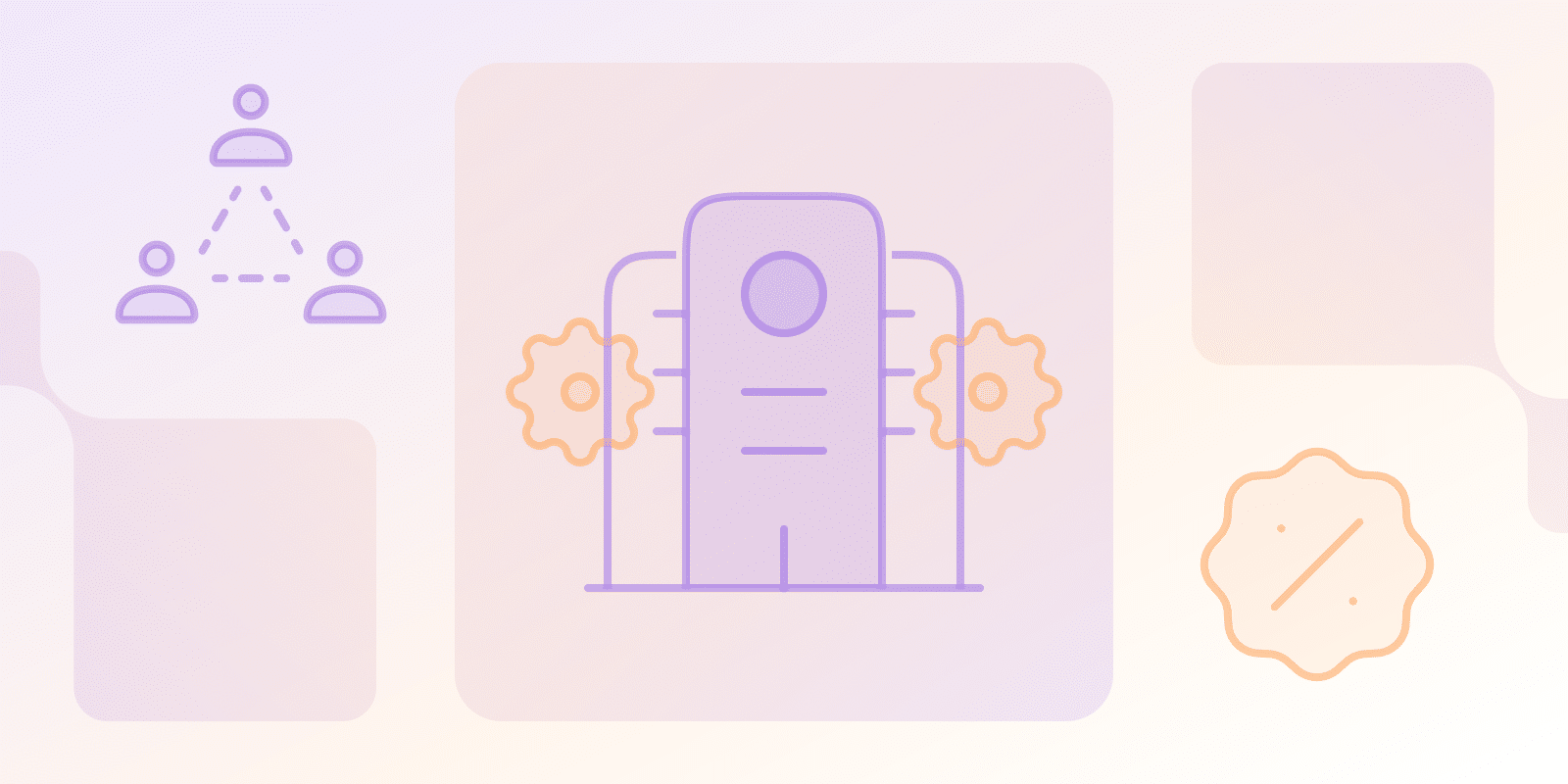SaaS Types
What Is Enterprise SaaS?

What Is Enterprise SaaS?
Enterprise Software-as-a-Service (Enterprise SaaS) is a software business type that answers to the needs of large-scale organizations. These tailored platforms focus on streamlining complex workflows, addressing both specific department and industry-wide requirements.
How can I determine if my SaaS product is suitable for an enterprise market?
In determining whether or not your product is suitable for the enterprise market, there are several aspects that need to be considered.
For one thing, you must monitor the functionality, customization, and security standards that large organizations require. Secondly, you need to consider the integration process between your service and existing enterprise infrastructure.
Thirdly, it is relevant to establish if the technology you are offering can respond to both present and future business and user base requirements.
What are the key challenges and opportunities associated with selling SaaS to large organizations?
Selling software solutions to enterprise companies comes with pros and cons.
First of all, it’s important to point out that within large-scale organizations, the decision-making process takes a long time, requiring resources for an extended period of time. This, of course, leads to an increase in the customer acquisition costs.
Secondly, there is the aspect of data security. Enterprises are subject to rigorous audits, which means that their SaaS partners are required to maintain a specific level of security and conduct regular compliance verifications.
On the other hand, working with larger organizations offers software developers with higher ARPU (average revenue per user) clients while also obtaining brand recognition.
Real-life Examples
Should I consider building a vertical or horizontal SaaS product?
Deciding between vertical SaaS and horizontal SaaS when building your enterprise SaaS depends on several aspects.
First of all, you need to consider your level of expertise within a specific industry. If you have extensive knowledge of a specific domain, vertical SaaS might be a better alternative. This SaaS business type offers niche solutions and address target needs.
Secondly, keep in mind your business goals and check the market size. Horizontal SaaS delivers general-scope solutions, attracting a wider customer base.
Thirdly, determine your product’s feature set. For vertical SaaS, your platform’s capabilities should target pacific requirements, whereas horizontal software will apply to different use cases.
By analyzing these aspects, you will be able to decide which alternative is best for you.
| Feature | Vertical SaaS | Horizontal SaaS |
|---|---|---|
| Market Focus & Expertise | ||
| Industry Scope | Specific industry or niche | Multiple industries |
| Domain Expertise | Deep industry-specific knowledge required | General business process knowledge |
| Product Features | ||
| Feature Specialization | Highly specialized for specific industry needs | Generic features applicable across industries |
| Customization Level | Industry-specific customization | Basic customization options |
| Market Opportunity | ||
| Target Market Size | Smaller, focused market | Larger, diverse market |
| Competition Level | Usually less competition within niche | Higher competition across markets |
| Market Penetration | Easier within specific industry | Requires broader marketing approach |
What are the potential benefits and risks of white labeling my SaaS solution?
Here is a breakdown of the advantages and risks of white labeling your enterprise SaaS solution:
Advantages:
- Increased brand reach: Renaming existing software allows companies to display their products in different markets.
- Lower user acquisition costs: Advertising and sales expenses can be influenced by the terms of your collaboration with the software developer.
Risks
- Loss of brand control: Deciding to use white-label software for your enterprise solution influences product advertising.
- Conflict of interest: Your white-label collaborators can target the same market as the one you are also focused on.
It’s important to thoroughly assess your potential artists and enter clear partnerships to minimize collaboration risks.
Conclusion
Going towards the enterprise SaaS market can be a strategic decision. However, it’s essential to correctly evaluate your platform’s functionalities and determine if they answer large-scale business requirements before taking the leap.